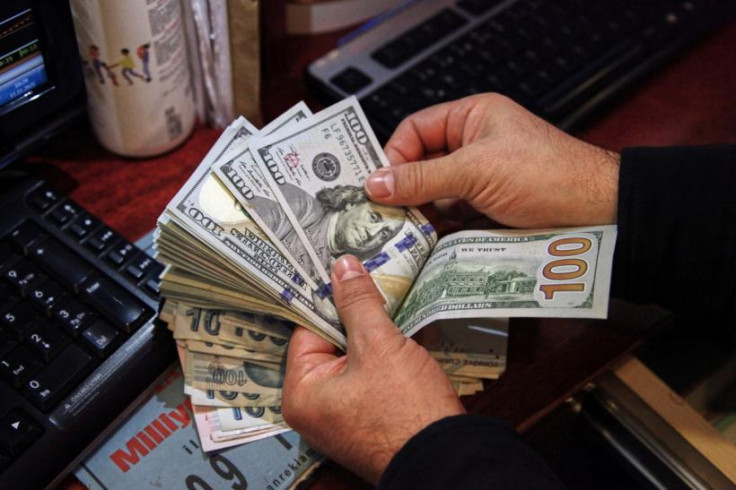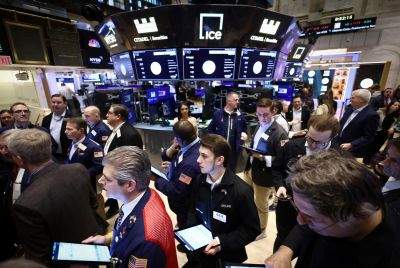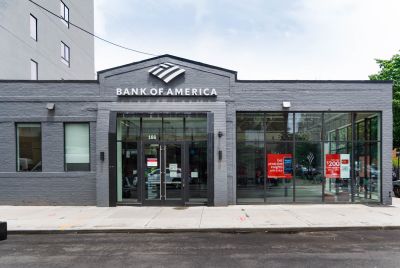Seven Common but Overlooked 'Middle Class Habits' That Are Keeping You Poor
Middle-class earners are spending on materialism to boost their social status

Nischa Shah is an accountant, investment banker and "money expert" who has worked in finance for over 13 years.
In a video posted on YouTube, the UK-based finance expert told her one million followers that, throughout her career, she has "seen first-hand the middle-class habits that keep people in the rat race."
The class divide has been an ongoing social justice issue in the UK for centuries.
Donald Hirsch, a policy adviser at abrdn Financial Fairness Trust, an independent charity that funds research and campaigns that tackle financial injustices, said that a middle-class income "is people earning between £30,000 to £60,000 a year."
"Being on a middle income does not make people secure. In the present cost of living crisis, the vulnerabilities of people on modest incomes have become more apparent. They face significant uncertainties and are rightly encouraged to save for rainy days and their retirement," Hirsch added.
According to a report published by the UK government's Social Mobility Commission, more than a third, 36 per cent, of UK adults over 24 identified as middle class.
The report, which interviewed 4,693 Britons over 18, also recorded that around 50 per cent of respondents older than 24 considered themselves working class. No respondents older than 24 said they considered themselves upper class.
1. Working for Low Wages
According to the money expert, one of the biggest mistakes middle-class workers make is working for less than they are worth.
"It's common practice for employers to pay their employees less than what they deserve, and so they will pay their employees the least amount possible and just enough, so they don't quit," Shah said.
2. Spending More Than They Can Afford
The money expert noted that middle-class earners splash out on upgrading their materialistic assets after getting their first full-time job or work bonus.
The two main assets consist of a person's car and their home.
Workers often upgrade their car "because even if you don't have the money to buy it in full, you can still afford the lease payments," Shah said, explaining that employees should spend no more than 15 per cent of their annual salary on car payments.
The money expert noted that middle-class earners regularly upgrade their homes "because banks will lend you four or five times your salary to purchase your house," explaining that employees should spend no more than 28 per cent of their annual salary on mortgage payments.
3. Relying on One Source of Income
Pointing the finger at the COVID-19 pandemic, Shah said: "If we have learned anything from the last few years, it's that relying on one source of income is extremely risky."
"A middle-class habit is to just rely on one source of income - their day job."
4. Not Saving for Retirement
Making investments is one of the best ways to save for old age. Instead of putting money into a pension, middle-class earners should prioritise owning pieces of companies to make them "better off" in retirement.
5. A Consumption and Production Rate Imbalance
Workers often spend more than they earn, resulting in personal debts and financial burdens.
"You want to recognise how this impacts your financial position, and both reduce the consumption part of the equation while putting as much money as you can into the production value, the sources where the money is coming into your life," Shah explained.
6. Not Recognising the Importance of Financial Literacy
Financial literacy, the ability to understand and use various financial skills, can benefit a person's budgeting, personal financial management and investments.
Financial literacy "isn't taught at school, so it's up to us to learn about it," the money expert said.
7. Copying Others
Shah highlighted how social media trends and consumerist culture dominate society today, putting workers "under pressure to spend."
"We have to do it to fit in."
Unnecessary spending on materialism for a better social status "keeps the middle class in a never-ending cycle," the money expert added.
© Copyright IBTimes 2025. All rights reserved.






















